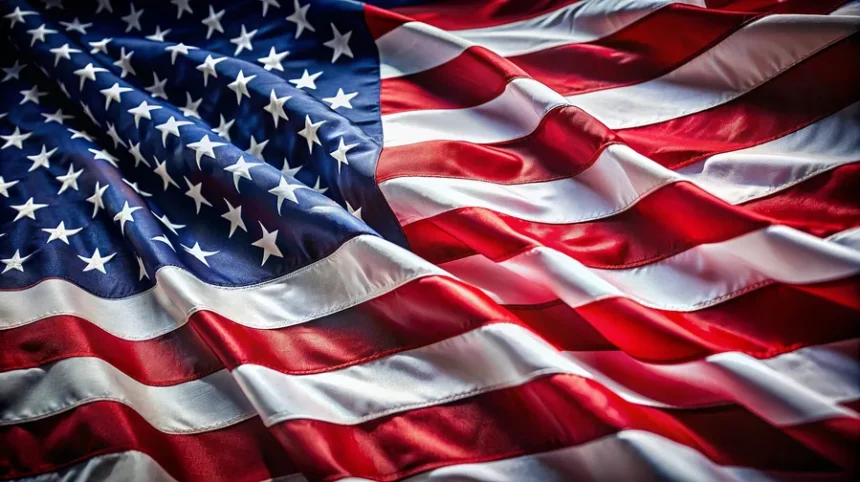A travel ban on citizens from 12 countries to the United States, announced last week by President Donald Trump, officially came into effect this morning as stipulated in the presidential proclamation.
This decision, made to “protect the U.S. from foreign terrorists and other threats to national security,” according to the presidential declaration, applies to citizens of Afghanistan, Myanmar, Chad, Congo, Equatorial Guinea, Eritrea, Haiti, Iran, Libya, Somalia, Sudan, and Yemen.
The U.S. government, which implements a highly restrictive anti-immigration policy, placed these countries on the list because they were deemed to lack effective administrations to ensure passenger control and due to the tendency of citizens from some of these countries to overstay their visas in the U.S.
Additionally, visa restrictions have been imposed on citizens of seven other countries: Burundi, Cuba, Laos, Sierra Leone, Togo, Turkmenistan, and Venezuela.
The American president compared this decision, published on Wednesday, to the “effective restrictions” he introduced at the beginning of his previous term in 2017 for seven Muslim-majority countries, which his critics dubbed the “Muslim ban.”
Four countries are on both lists: Iran, Libya, Sudan, and Yemen. The ban decisions have been met with concern and surprise in several affected countries.
UN High Commissioner for Human Rights Volker Türk expressed “concern about international law” due to the “very broad and general scope” of the ban. The African Union stated its worry about the potential negative impact of such measures, including on diplomatic relations with the affected countries.
One of these countries, Chad, announced the suspension of visa issuance for U.S. citizens as a retaliatory measure.
Iranian-American Democratic Congresswoman Yasmine Ansari stated she knows the pain caused by “Trump’s cruel and xenophobic travel bans” as her family was directly affected, and she vowed that Democrats would fight against it.
Exceptions are, however, provided for certain visas, including for diplomats and individuals whose travel to the U.S. “serves the national interest.”







